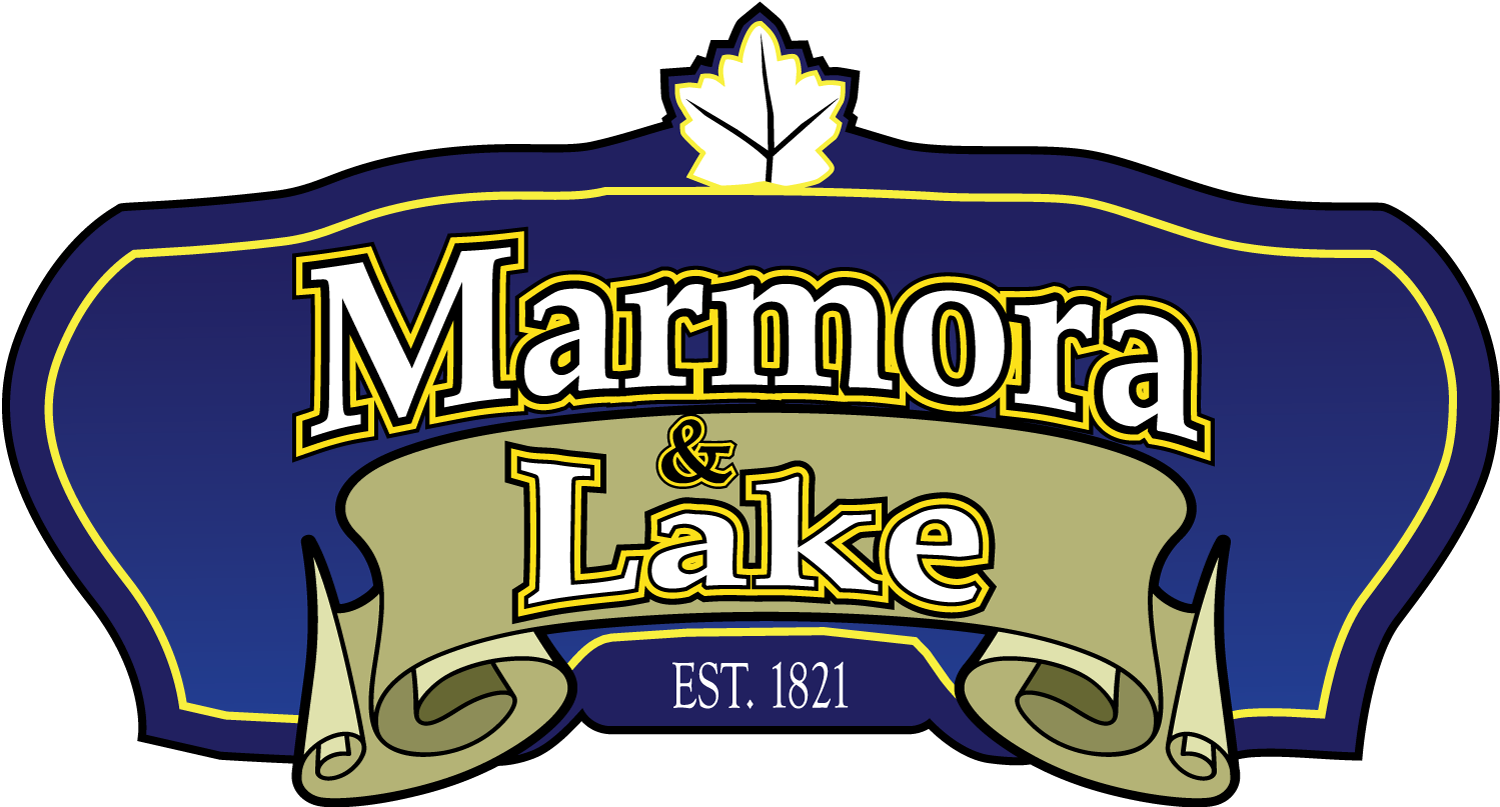Mayor's Report for April 16, 2024
April 2nd
I presided over the Regular Council Meeting for the Municipality.
April 3rd
I presided over the Special Budget Meeting for the 2024 Budget. This was a very difficult budget. Like everyone dealing with the high cost of living as a result of inflation, the municipality is faced with the same challenges.
MPAC attended as a delegation and provided detailed information on property assessment and the impact on tax calculations.
All departments were present to provide information and clarify any concerns expressed by members of Council in addition to the Treasurer's Report. The original tax increase presented in the Draft Budget was 12.42% and the final tax increase was 10.38%.
I want to thank Tonia and her team for preparing and presenting a very responsible budget document for Council's consideration. Thank you to the public/residents who offered constructive input and advocated for support of their organizations/associations. Thank you to Council for consideration of the recommendations to ensure that we are in compliance with legislation and regulations that are mandated and demonstrating due diligence in considering our fiduciary responsibility to protect the safety and well being of the residents of our municipality. The 2024 Budget was passed unanimously. Also, I want to extend our appreciation for the volunteers in the Community. Without the contribution of volunteers, we would be looking at a much bigger demand on our revenue resources.
As part of the budget approval process a User Fee Bylaw was passed. The bylaw and fee schedule is posted on the Marmara and Lake website.
April 9th
I attended the office to sign bylaws and documents.
April 10th
I participated in a fashion show fundraiser to support the Central Hastings Support Network. The event was well attended and much fun. Proceeds go toward the transit system, the food bank and other charitable organizations in the Central Hastings area. Thank you to the stores who provided the clothes, to the models who participated, and to the organizers and volunteers who made the event a success.
April 11th
I travelled to Kingston to participate in the Tri Merger Committee for the Hastings Prince Edward Board of Health. The business case has been submitted to the Ministry. The Committee is now considered the Transitional Board and will continue to meet to implement the Board mergers if approved by the Ministry.
April 12th
I attended the meeting of the Transitional Board in Kingston.
April 13th
I attended the Lions Club’s Pancake Breakfast. There was only one entry to the competition for the Maple Syrup. Congratulations to Tony Townsend who was the winner.
April 15th
I attended the office to deal with bylaw issues. The Bylaw Enforcement Officer drove to several locations where there are bylaw issues that he is currently dealing with and are outstanding.
April 16th
I attended the Finance Property & Personnel Committee and Planning & Development Committee Meetings at Hastings County.
The Mayor read the following:
Over the last decade or so, one political fad has done lasting damage to many municipal governments in Canada.
The fad is the foolish commitment to keep tax increases at or below the rate of inflation, usually as set in the consumer price index or CPI. This meant that many municipalities capped tax increases at 2%-3%, and often less .... in some cases for decades.
Of course, the cost of running a municipality has nothing to do with the 'basket of household goods' that forms the CPI. Municipalities purchase things that have very different inflationary pressures, such as concrete, road salt, fire trucks, construction materials, specialized software, busses, asphalt, and dozens of other commodities.
Moreover, the biggest cost for municipalities is wages and benefits, many for unionized staff with costs set through collective bargaining, or in the case of the emergency services, often by arbitration.
One Canadian city, which I won't name, had a major taxpayer go under about 12 years ago. The mayor had campaigned on keeping the tax rate increases at or below the rate of inflation. Council raided the reserves to keep taxes down, and then just slowly starved the city. After a decade of 1%-2% tax increases, the total spending power of the city has shrunk by roughly 21%, and the discretionary reserves are largely depleted. Over the same period the city grew by 15%. That is municipal governance at its most irresponsible.
While the attraction of the CPI fad is obvious, let's be blunt: It may be great politics, but it's dreadful governance. It means pushing big tax increases to the next generation of property owners and future councils, especially if it results in underfunding infrastructure maintenance (Osoyoos comes to mind). If council is also raiding reserves to keep tax increases down, they are guilty of the added sin of using public money for patently political purposes.
The CPI fad has also kept the conversation on tax rates unhelpfully focused on percentages, and not dollar amounts. Politicians and the public gasp at the thought of a 6% tax increase. It's double a 3% tax increase! It is, but in most municipalities the difference between a 3% tax increase and a 6% tax increase is about $90 a year for the average house. That can certainly be a burden for some, but letting key infrastructure rot and fail, or underfunding the operating budget, to avoid a $90 a year tax increase is the height of bad governance. Also remember that the average Canadian household spends over $2,500 a year on internet, TV, and phones, and a similar amount dining out.
Municipalities need to talk about MPI, the Municipal Price Index, not CPI. MPI is almost always greater than CPI.
And using discretionary reserves to reduce tax increases, especially reserves intended for future public amenities, is simply stealing from future generations to help council get re-elected. Even if it's not illegal, it's unethical, and dreadful governance.
